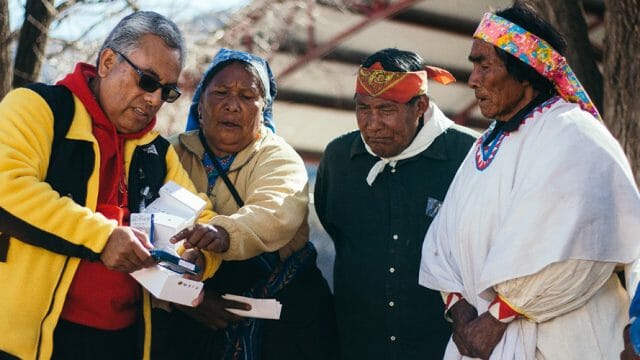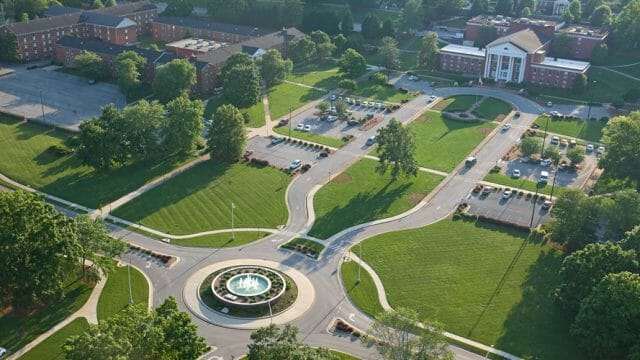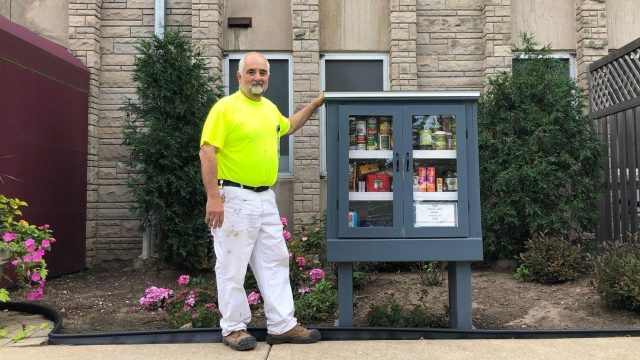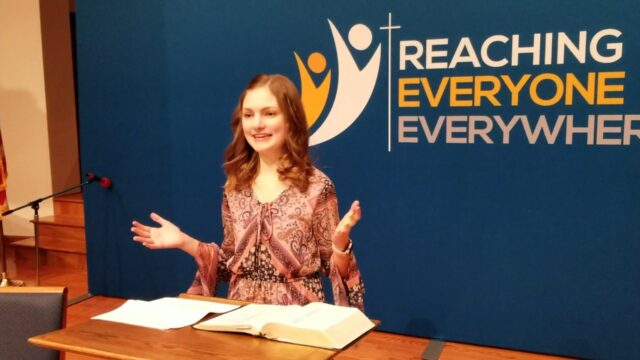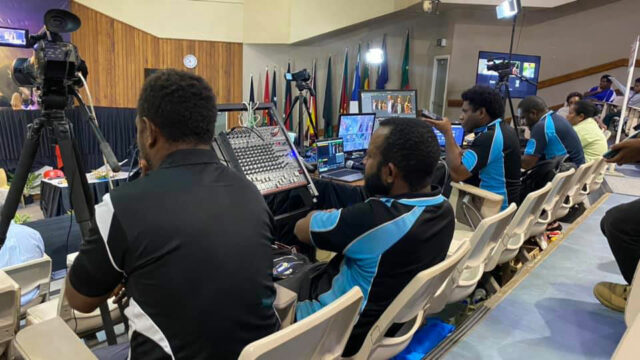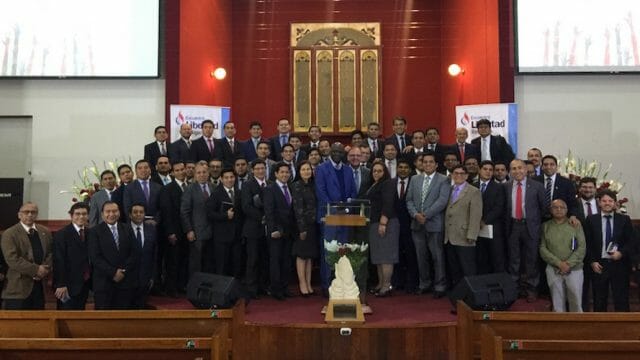One encounter with a homeless man revolutionized my view of the Christmas story.

The 2,000-year-old story of the shepherds and Wise Men coming to marvel at a homeless Child who happened to be the Creator of the universe seemed a little farfetched to me as an American teenager.
When I was a child, my wonderful Roman Catholic mother taught me how to say the “Our Father” and the “Hail Mary.” She told me that everything I ever needed could be found in God. I took her at her word and prayed all the time. I prayed when I lost my homework, when my cat was sick, and especially when I was in the principal’s office (some of my most fervent prayers took place there).
But as I went through junior high and high school, I started to feel as though something was missing in my life. Looking around, I figured I’d be happy if I was popular enough to go to all the parties—and if I had a beautiful girlfriend.
By my junior year, my friends and I were party central. People would call us to find out where the seniors, the stoners, and the jocks would be on the weekends. I was amazed at how, almost every weekend, as many as 200 teenagers would buy a couple kegs of beer and gather in houses, fields, and barns to laugh, dance, and mingle. I had always longed for this kind of community.
But as I rubbed up against reality, the varnish and gloss began to wear off. Most of the parties ended either in a brawl, an unexpected visit from the police, or an angry parent coming home to find the house in shambles. And many of the friendships and romances were short-lived and dependent on an altered state of mind. The same buzz that brought smiles and friendliness also stripped away some protective inhibitions. People did things that made them hang their heads on Monday morning as the rumors and gossip echoed down those high school halls. Some of the mistakes would linger on for the rest of their lives.
I began to grow tired of the same old smoky basement parties. But I still believed that somewhere out there a real party was growing in peace, swelling with excitement, and filling the world with love. I just needed to find it.
During my senior year of high school, one of the most beautiful girls in the school started liking me. I felt as if I had won the lottery. She was beautiful and popular, but I was
so nervous about losing her that I was overwhelmed with jealousy. I would get upset if a guy even looked at her shoes. She had the same problem, and we argued constantly.
Even with a beautiful girl and all those parties, I still wasn’t happy. As “I
surveyed all that my hands had done and what I had toiled to achieve, everything
was meaningless, a chasing after the wind” (Eccl. 2:11, NIV). Something told me that I needed to dig deeper, that it was time for a change. Something told me that I was on the verge of a miracle.
Wanting Something Real
I started attending the Catholic church more often and reading my Bible. I also volunteered at a homeless shelter once a week because I always felt close to God when I was near the poor.
As a freshman in college I took a philosophy course that delved into religion. I knew there was more to life than working, sweating, and dying. But I didn’t want to inherit my parents’ faith blindly or create a religion simply to fit my needs and my liberal philosophy. I wanted something that was real and true.
One spring night I knelt down in my room and said, “God, I don’t know who You are, but I know that You’ve helped me out. Now, I just want You to guide me to the truth. I don’t care what it is. If You want me to become a Muslim, I’ll become a Muslim. If You want me to become a Christian, I’ll become a Christian. I just want something that’s real.”
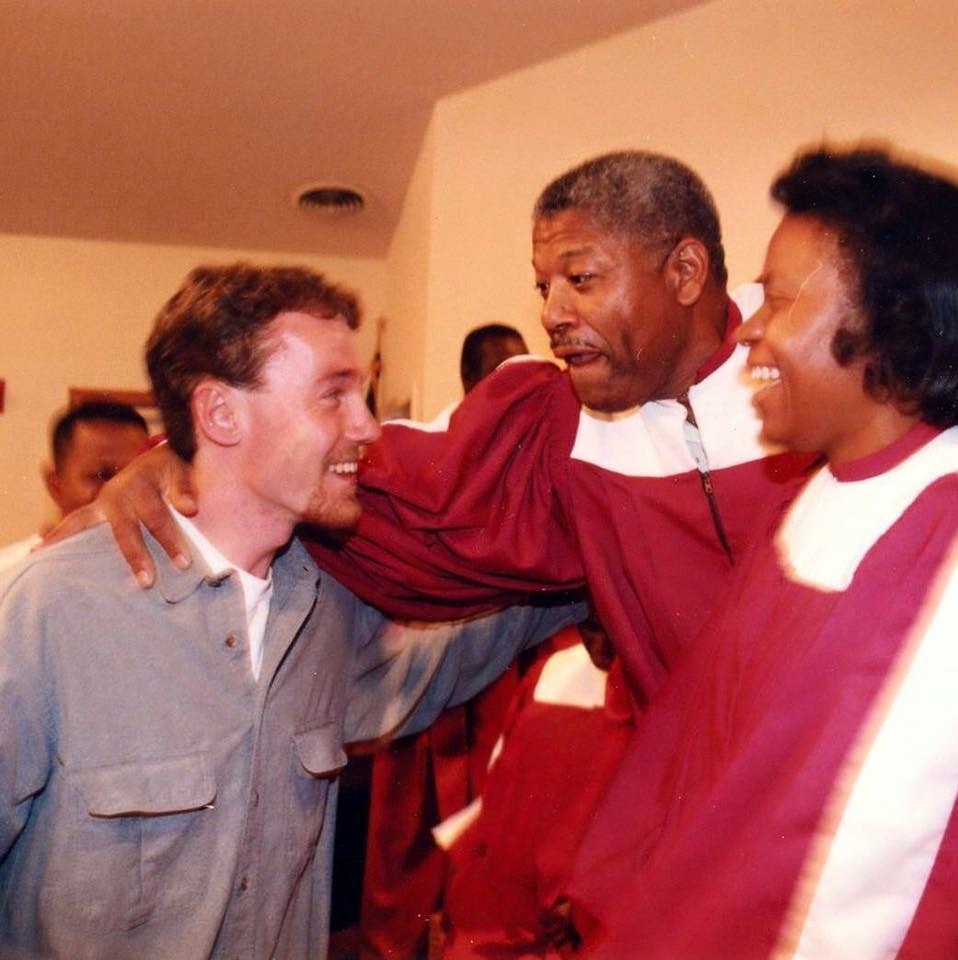
An odd message began running through my mind, almost like a song you can’t get out of your head. My ears didn’t hear it, but my mind did. The message said, There’s someone you have to meet. Go outside and call out the name Simeon.
At this point I thought that all the beer I had drunk in high school had finally caught up with me. But I wasn’t ready to give up, so I tried to clear my mind again. Still, the message kept going through my head: There’s someone you have to meet. Go outside and call out the name Simeon. I thought I was crazy, but I went outside anyway. I whispered the name once, then a little louder. Finally I yelled it, expecting some guy to come walking down the street and tell me everything I needed to know about the universe. I stood there for a few minutes, then decided I was just nuts.
The next morning I went to school and work, and then drove to the homeless shelter. There, I passed out clothing and talked with some guests, still thinking I was crazy about the whole “Simeon” thing.
In the corner of the room I saw a homeless man reading a thick book that looked like an adventure novel. I walked over to him and said, “Hey, whatcha reading?”
He told me it was a narrative about the life of Jesus called The Desire of Ages. I told him that it looked like a cool book.
He said, “I want to read you something,” then paused as he spun through the pages until he reached his bookmark. Then this homeless man named Maurice said, “I want to read you a story about a man named Simeon.”
As Maurice read, I struggled to put words together. Finally I stopped him and told him about the night before. He was shocked. Taking hold of my hand, Maurice asked if he could say a brief prayer. Closing his eyes, he said, “Lord, just guide us to do whatever You
brought us together to do.”
Then he said, “I just came up here a few months ago from North Carolina. I don’t have any money; I don’t have any place to stay; but I found this really special church, and I want you to come with me this Saturday.”
I couldn’t argue with him. I asked him to write down the time, date, and place. After he finished writing, I looked at the paper and thought, Boy, I wonder why these people go to church on the wrong day.
Guest of Honor
That Saturday morning I drove 40 minutes to the Shalem Seventh-day Adventist Church in Waukegan, Illinois. There I didn’t find a towering structure of silver and gold and expensive brick, as I had been used to. Instead, the church was a single-story building that used to be a machine-shop garage.
A line of African-American church members was entering the building. As I walked up the steps I felt incredibly nervous, but once I walked through the door I knew I was home. I told the congregation my unusual story. And like the prodigal’s father running out to greet his son, an elderly woman ran up to me, gave me a bear hug, kissed me on the cheek, and called me “Brother Samuel.” Then everybody started hugging me and calling me Brother Samuel.
After church they invited me, their guest of honor, home for dinner. They didn’t slaughter a fatted calf, but they did have some choice casseroles and collard greens.
This African-American congregation loved me into a radical, lifechanging relationship with Jesus. In that little church I found a God who says I’m worth bleeding for, no matter where I’ve been. I found a God who says I’m worth dying for, just as I am. And I found a radical Christian movement—some people call it the Seventh-day Adventist Church—that calls people to fall in love with God so deeply that His love and grace flow in their veins.
Just as the homeless Child split time into B.C. and A.D., so the homeless
man’s arrival divided the history of my life. Since that evening I’ve never been the same.
Sam McKee was a seminary student at Andrews University in Berrien Springs, Michigan, United States, and editor of Giraffe News, a publication for Adventist youth leaders, when he wrote this article, which first appeared in Adventist Review on December 18, 1997.


